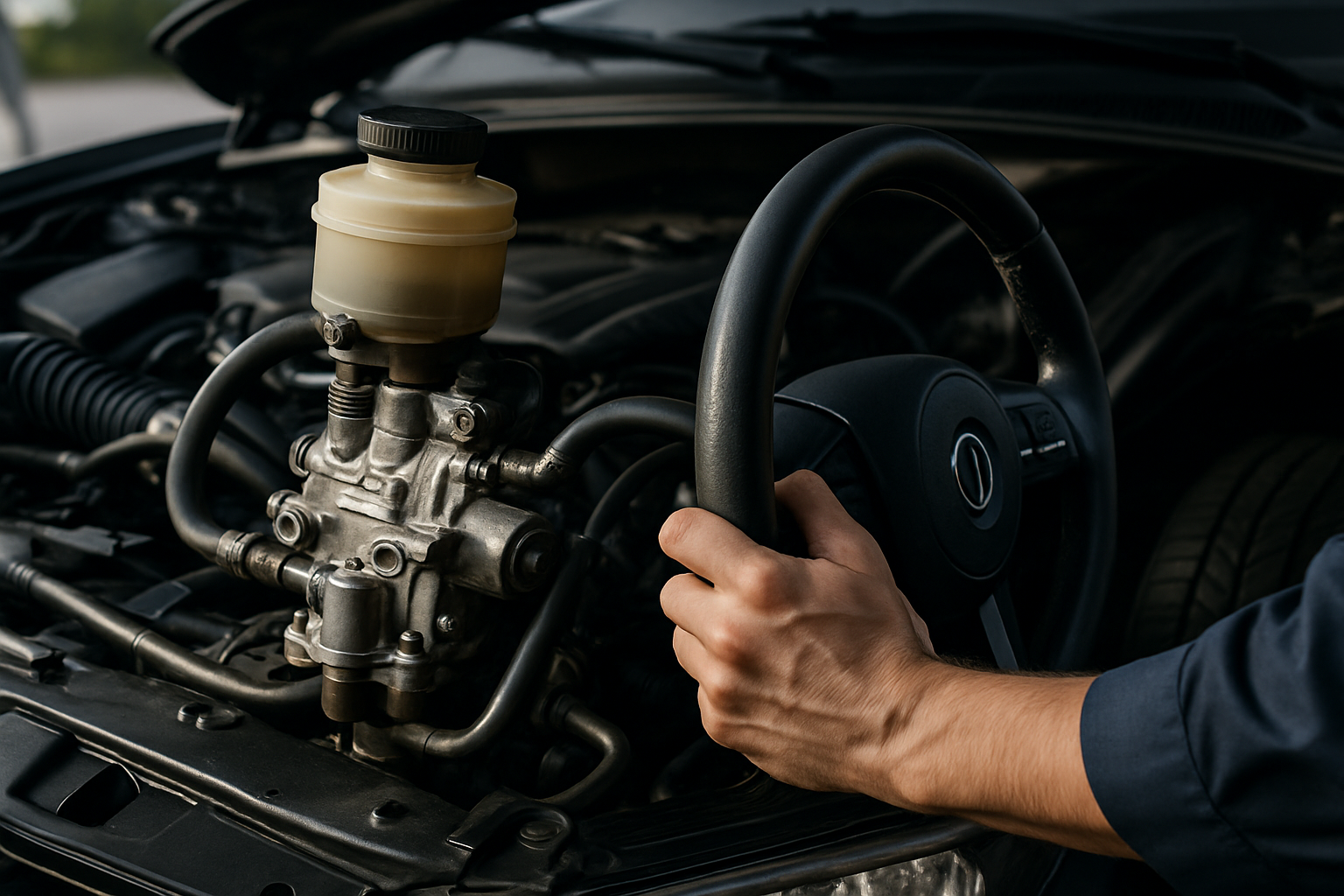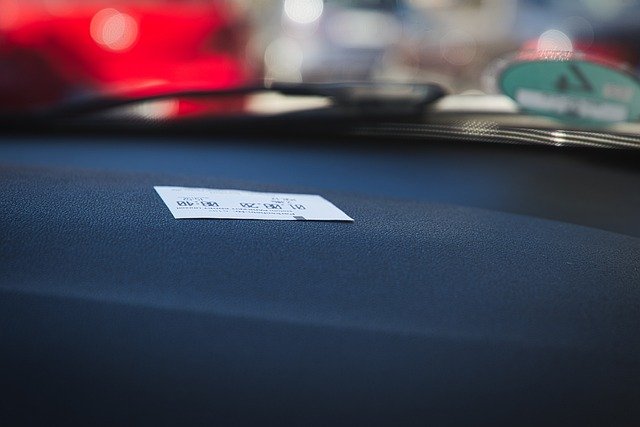How to Navigate Police Impound Car Auctions: A Practical Guide for Smart Buyers
Online vehicle auctions, including police impound lots, can offer a useful option for those exploring cost-conscious ways to find their next vehicle. This guide breaks down how these auctions work, what to expect when inspecting seized cars, and how careful planning can help buyers navigate the process with greater confidence—whether online or in-person.

What are police impound car auctions?
Police impound car auctions are events where vehicles seized by law enforcement agencies are sold to the public. These auctions can include a wide range of vehicles, from everyday sedans to luxury cars and even motorcycles. The primary purpose of these auctions is to clear out impound lots and generate revenue for local government agencies. While the term “police auction” is commonly used, it’s important to note that other government entities, such as the DEA or IRS, may also conduct similar auctions for seized vehicles.
How do I find impounded cars for sale near me?
Finding local police car auctions requires some research, but several resources can help you locate these events:
-
Government websites: Many local and state government agencies list upcoming auctions on their official websites.
-
Online auction platforms: Websites like GovDeals or PublicSurplus often feature government seized vehicles.
-
Local newspapers: Check the classified sections for announcements of upcoming auctions.
-
Social media: Follow local law enforcement agencies on platforms like Facebook or Twitter for auction updates.
-
Auction houses: Some private auction houses specialize in government-seized property sales.
When searching online, use specific terms like “police car auctions near me” or “impounded cars for sale” to find relevant results in your area.
What types of government seized vehicles can I expect to find?
Government seized vehicles can vary widely in make, model, and condition. You might encounter:
-
Passenger cars: Sedans, hatchbacks, and SUVs from various manufacturers.
-
Luxury vehicles: High-end cars seized in criminal investigations.
-
Trucks and vans: Commercial vehicles or family-oriented minivans.
-
Motorcycles: Both street bikes and off-road vehicles.
-
Specialty vehicles: Occasionally, you might find boats, RVs, or even aircraft.
The inventory at these auctions is unpredictable, which is part of what makes them exciting for many buyers. However, it’s crucial to remember that the condition of these vehicles can vary significantly, from nearly new to severely damaged.
What should I know before attending a police car auction?
Before attending a police car auction, consider the following tips:
-
Research the rules: Each auction may have specific registration requirements and bidding procedures.
-
Set a budget: Determine your maximum spending limit and stick to it.
-
Inspect vehicles: If possible, arrive early to examine the cars before bidding begins.
-
Check vehicle history: Use the VIN to run a vehicle history report if allowed.
-
Understand the “as-is” nature: Most auction vehicles are sold without warranties.
-
Bring payment: Know the accepted payment methods, which often include cash or cashier’s checks.
-
Arrange transportation: Have a plan to move the vehicle if you win, as some auctions require same-day removal.
Are cheap cars from police auctions always a good deal?
While police auctions can offer opportunities for savings, it’s important to approach them with caution. Here are some unique insights to consider:
-
Hidden costs: Factor in potential repair expenses when evaluating the total cost of a vehicle.
-
Limited information: You may not have access to a full vehicle history or be able to test drive before bidding.
-
Competition: Popular vehicles may attract multiple bidders, driving up prices.
-
Condition variability: Cars can range from excellent to non-operational, so thorough inspection is crucial.
-
Title issues: Ensure the vehicle has a clean title before bidding to avoid legal complications.
Remember, a low initial price doesn’t always equate to a good deal if significant repairs or legal issues are involved.
What are the pros and cons of buying from police impound auctions?
When considering purchasing a vehicle from a police impound auction, it’s essential to weigh the potential benefits against the risks. Here’s a comparison of the pros and cons:
| Pros | Cons |
|---|---|
| Potential for significant savings | Limited or no warranty |
| Wide variety of vehicles available | Vehicles sold “as-is” |
| Opportunity to find rare or unique cars | Potential for hidden damage or mechanical issues |
| Transparent bidding process | Competition can drive prices up |
| Supports local government revenue | Limited inspection time before bidding |
| Possibility of purchasing low-mileage vehicles | Risk of buying a vehicle with a complicated history |
Prices, rates, or cost estimates mentioned in this article are based on the latest available information but may change over time. Independent research is advised before making financial decisions.
In conclusion, police impound car auctions can be an excellent source for finding affordable vehicles, but they require careful consideration and due diligence. By understanding the process, researching thoroughly, and approaching these auctions with realistic expectations, you can potentially find a great deal on your next vehicle. Remember to balance the potential savings against the risks involved, and always conduct a thorough inspection before committing to a purchase.




